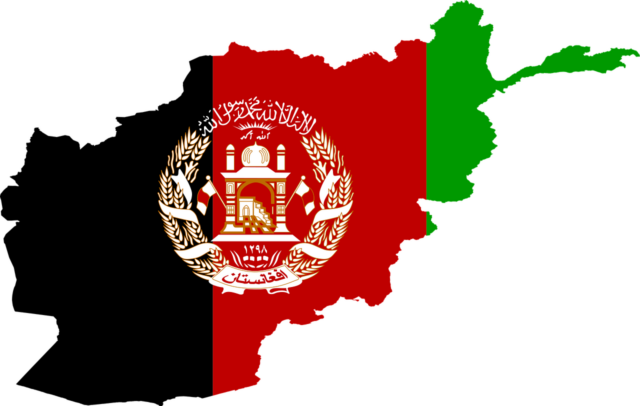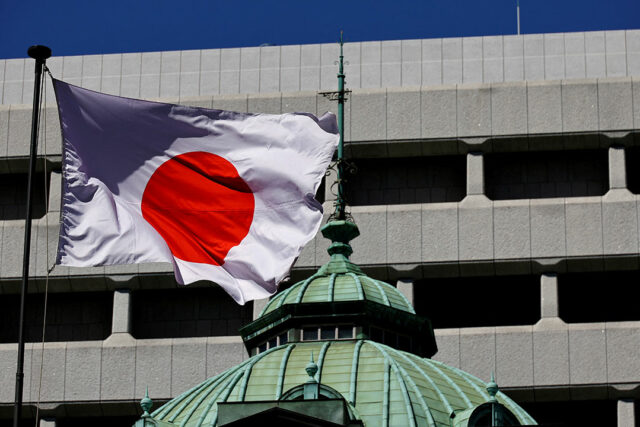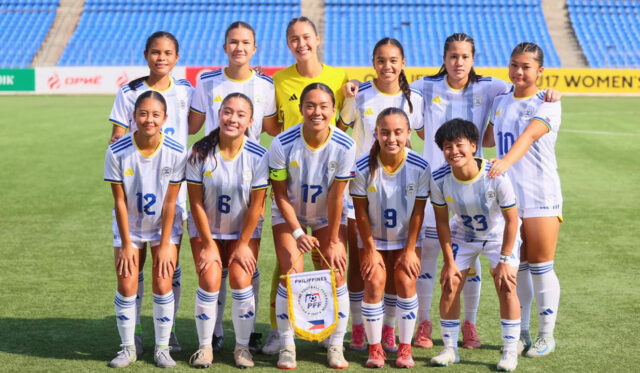Protesters spanning all age groups took to the streets en masse for “No Kings” rallies across the United States on Saturday, denouncing what they view as authoritarian tendencies and unbridled corruption of US President Donald J. Trump.
Organizers expected millions of people to turn out by day’s end at more than 2,600 planned rallies in major cities, small towns and suburbs, challenging a Trump-led agenda that has reshaped the government and upended democratic norms with unprecedented speed since he took office in January.
By all accounts, the demonstrations were largely festive, often featuring inflatable characters and marchers dressed in costumes. The demographically mixed crowds included parents pushing youngsters in strollers alongside retirees and people with pets in tow.
Little, if any, lawlessness was reported.
DISILLUSIONED WITH TRUMP
“There is nothing more American than saying, ‘We don’t have kings’ and exercising our right to peacefully protest,” said Leah Greenberg, co-founder of Indivisible, a progressive organization that led planning of Saturday’s events.
Demonstrators filled Times Square in New York City, where police said they made “zero protest-related arrests” even as more than 100,000 people rallied peacefully across all five boroughs.
Events in Boston, Philadelphia, Atlanta, Denver, Chicago and Seattle also drew crowds that each appeared to encompass thousands, if not tens of thousands, of people.
On the West Coast, more than a dozen rallies occurred around the Los Angeles area, including the primary site downtown. In Seattle, demonstrators filled a parade route that stretched for more than a mile from downtown through the Seattle Center plaza around the city’s landmark Space Needle. More than 25,000 protested peacefully in San Diego, police said.
The protests reflected growing unease among many Americans, mainly on the ideological left, with developments such as the criminal prosecution of Mr. Trump’s perceived political enemies, his militarized immigration crackdown and the sending of National Guard troops into US cities — a move Mr. Trump has said was aimed at fighting crime and protecting immigration agents.
As his administration has tried to rapidly implement its policies, Mr. Trump has installed inexperienced loyalists throughout the ranks of his administration and sought to apply pressure on the news media, law firms and universities.
Saturday’s rallies were boisterous but orderly, with police largely keeping a low profile.
Demonstrators filled a street in Washington, D.C., to march toward the US Capitol, chanting and carrying signs, US flags and balloons, as a carnival-like atmosphere prevailed.
Aliston Elliot, wearing a Statue of Liberty headpiece and holding a “No Wannabe Dictators” sign, said: “We want to show our support for democracy and fighting for what is right. I’m against the overreach of power.”
In downtown Houston, US Marine Corps veteran Daniel Aboyte Gamez, 30, joined a crowd that officials said numbered about 5,000 at city hall.
“I don’t understand what’s going on in this nation right now,” said Mr. Gamez, who served in Iraq, Afghanistan and Syria.
‘FORMER REPUBLICAN’
Kevin Brice, 70, a military veteran among thousands of protesters streaming into the riverfront of Portland, Oregon, wore a black sweatshirt emblazoned with the slogan “No Kings since 1776” — referring to the year of the Declaration of Independence.
“Everything that I thought that I stood for while I was serving in the military seems to be at risk,” Mr. Brice said. “So even though I’m a lifelong Republican, I don’t support the direction the party is going.”
Steve Klopp, 74, a Houston-based oil industry retiree, expressed similar sentiments as he wore a shirt printed with the words “Former Republican.”
“I’ve been a Republican forever,” Mr. Klopp said. “My family’s been Republican forever and ever. And the idea that one individual could have turned me away from the Republican Party is insane.”
Kelly Kinsella, 38, standing among several thousand people outside the Colorado statehouse in Denver, was dressed as Lady Liberty with bloody tears dripping down her face.
“Everyone comes to work stressed, and it’s because of the current conditions,” said Ms. Kinsella, who said she was motivated to turn out largely because of renewed inflation that she blamed on Mr. Trump’s tariff policies.
Mr. Trump has said little about Saturday’s protests. But in an interview with Fox Business aired on Friday he said that “they’re referring to me as a king — I’m not a king.”
While the Democratic Party has coped with internal divisions since Mr. Trump won re-election last year, party establishment figures such as Senate Minority Leader Chuck Schumer and progressive firebrands like US Representative Alexandria Ocasio-Cortez both voiced support for the “No Kings” movement.
Saturday’s protests were aimed at building on momentum gained from more than 2,000 “No Kings” protests that were staged on June 14, coinciding with Mr. Trump’s 79th birthday and a rare military parade in Washington.
HOUSE SPEAKER CALLS PROTESTS ANTI-AMERICAN
House of Representatives Speaker Mike Johnson, a Republican, on Friday echoed a common refrain among his party, labeling the “No Kings” protests “the hate America rally.”
Other Republicans have accused protest organizers of stoking an atmosphere that they said might spur political violence, especially in the wake of the September assassination of right-wing activist and Mr. Trump ally Charlie Kirk.
Vice President JD Vance, speaking on Saturday to a gathering of Marines at Camp Pendleton in Southern California, made no mention of the protests. But he criticized Democrats over the government shutdown that began early this month in a partisan standoff over federal appropriations.
Dana Fisher, an American University professor in Washington and author of several books on political activism, predicted that Saturday could see one of the largest protest turnouts in modern US history.
She expected that over 3 million people would take part based on registrations and participation in the June events. Overall turnout for the June 14 rallies was estimated at 4 million to 6 million, according to a crowd-sourcing analysis published by prominent data journalist G. Elliott Morris. — Reuters












